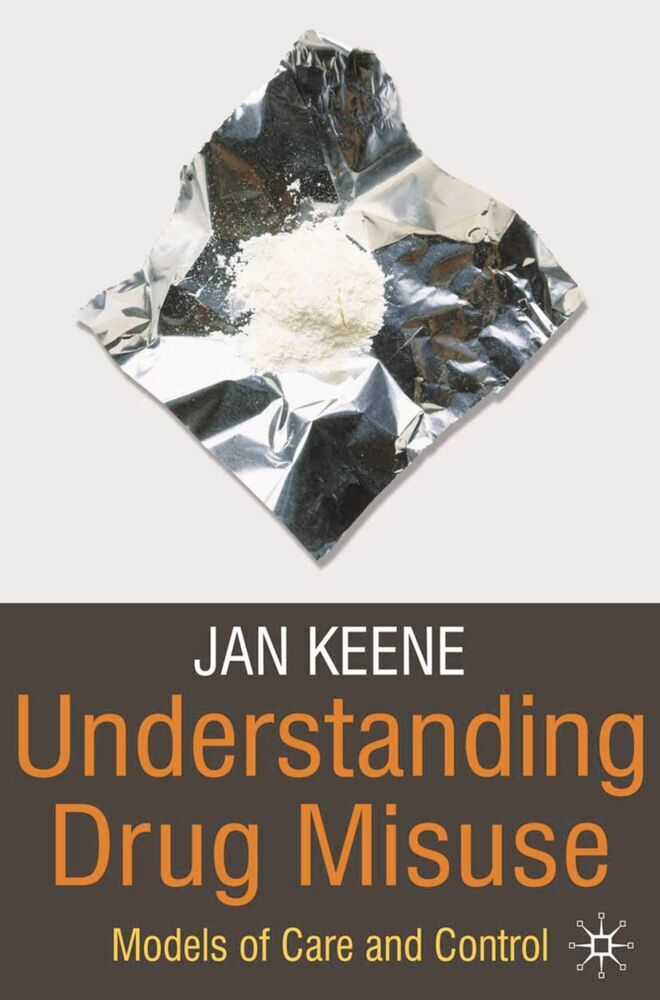
Zustellung: Sa, 12.07. - Fr, 18.07.
Versand in 3-4 Wochen
VersandkostenfreiBestellen & in Filiale abholen:
Combining theory and research this clearly explains how each theoretical model contributes different types of solutions to 'the drug problem', whether it is treatment, harm minimization or social intervention. Using extracts from the author's own research interviews with drug users, it also offers a real insight into user perspectives.
Key to understanding drug misuse is an awareness of the full range of models that seek to define, explain and treat the problem. This book covers the full breadth of medical, social and psychological approaches to drug use, while retaining focus on the one question which is seldom asked: What do drug users themselves think?
Based on extensive research, Understanding Drug Misuse offers comprehensive analysis of the diversity of drug-related problems, interwoven with frank and often challenging user perspectives. Combining theory and research evidence with extracts from the author's own interviews with drug users, this insightful text explores:
Based on extensive research, Understanding Drug Misuse offers comprehensive analysis of the diversity of drug-related problems, interwoven with frank and often challenging user perspectives. Combining theory and research evidence with extracts from the author's own interviews with drug users, this insightful text explores:
- drug use, drug dependence and discussion of maintenance versus abstinence
- health risks, harm minimization and public health solutions
- social harm, social exclusion, and problems of community safety and crime
- practice implications for harm minimization, treatment, after-care and relapse prevention
Inhaltsverzeichnis
Preface.- Care and Control: Drug Dependency, Health Risks and Social Harm.- Drug Users' Perspectives on Drug Use and Dependence.- Reducing Dependence: Approaches to Treatment.- Drug Users' Perspectives on Health Risks.- Harm Minimisation and Public Health.- Drug Users' Perspectives on Social Harm.- Reducing Social Harm: Social Inclusion and Crime Reduction.- Working with Users: Motivation, Maintenance and Recovery.- Aftercare: Relapse Prevention and Social Inclusion.
Mehr aus dieser Reihe
Produktdetails
Erscheinungsdatum
31. August 2010
Sprache
englisch
Auflage
2010
Seitenanzahl
260
Reihe
Red Globe Press
Autor/Autorin
Jan Keene
Verlag/Hersteller
Produktart
kartoniert
Gewicht
400 g
Größe (L/B/H)
235/155/14 mm
ISBN
9780230202436
Entdecken Sie mehr
Bewertungen
0 Bewertungen
Es wurden noch keine Bewertungen abgegeben. Schreiben Sie die erste Bewertung zu "Understanding Drug Misuse" und helfen Sie damit anderen bei der Kaufentscheidung.

































